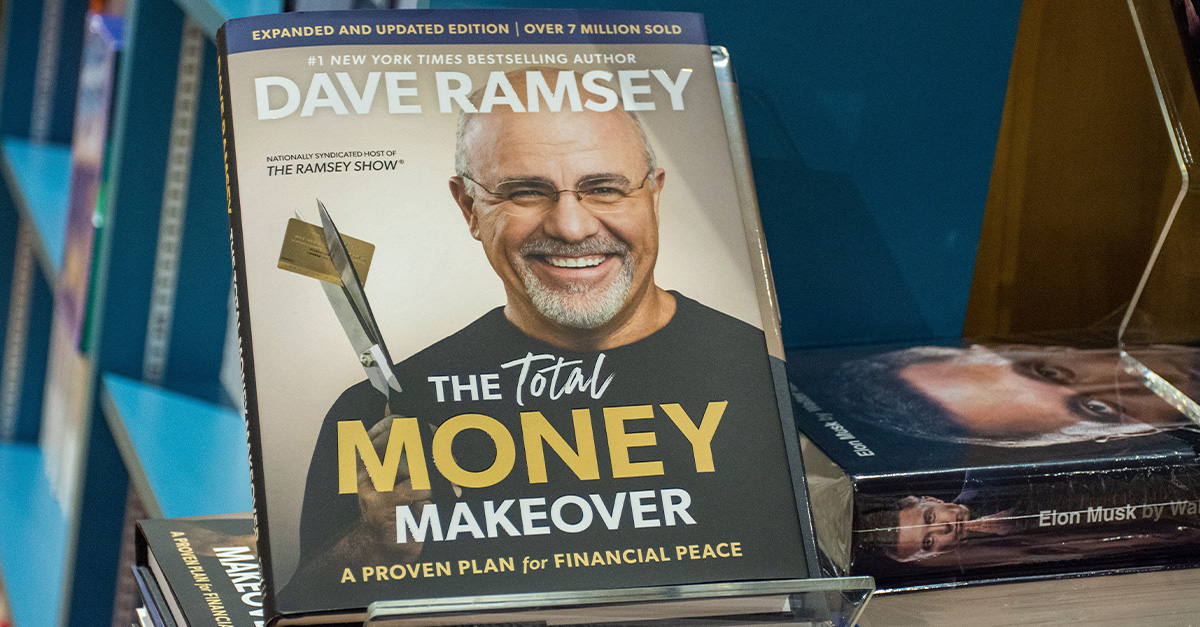In today's fast-paced world, financial stability is essential for a stress-free life. Financial emergencies can occur at any time, and it's crucial to have a safety net to help you weather the storm. An emergency fund is a financial cushion that can help you cover unexpected expenses like medical bills, car repairs, or job loss. In this blog post, we'll discuss why you need an emergency fund, how much you should save, and some practical tips to help you build your emergency fund.
Why do you need an emergency fund?
An emergency fund is a crucial part of your overall financial plan. It provides you with a financial safety net that can help you cover unexpected expenses without derailing your long-term financial goals. Without an emergency fund, you may be forced to rely on credit cards or loans to cover unexpected expenses, which can lead to debt and financial stress.
Moreover, emergencies can arise at any time, and it's essential to be prepared. For instance, a sudden job loss, unexpected medical expense, or car repair can put a significant strain on your finances. In such cases, having an emergency fund can help you avoid taking on high-interest debt, dipping into your retirement savings, or relying on family and friends for financial support.
How much should you save for an emergency fund?
The amount you should save for an emergency fund depends on your financial situation and lifestyle. A general rule of thumb is to save three to six months' worth of living expenses. This means that if your monthly expenses are $3,000, you should aim to save $9,000 to $18,000 for your emergency fund.
However, if you have a high-risk job or an irregular income, you may need to save more than six months' worth of living expenses. On the other hand, if you have a stable job, reliable income, and good health insurance, you may be able to save less than three months' worth of living expenses.
Simple tips to build your emergency fund
Start small and be consistent: You don't have to save a significant amount of money all at once. Start small and aim to save a fixed amount regularly. For instance, you can start by saving $50 per week or $200 per month. Consistency is key, and even small savings can add up over time.
Cut back on unnecessary expenses: Look for ways to reduce your expenses and redirect the savings towards your emergency fund. For instance, you can cancel unused subscriptions, dine out less often, or shop for groceries in bulk.
Automate your savings: Set up automatic transfers from your checking account to your emergency fund. This will help you save regularly without having to think about it.
Use windfalls wisely: If you receive a windfall such as a tax refund, bonus, or inheritance, consider putting it towards your emergency fund.
Sell unwanted items: Sell items you no longer need or use, such as clothes, electronics, or furniture, and put the proceeds towards your emergency fund.
Start a side hustle: Consider starting a side hustle to earn extra income that you can put towards your emergency fund. You can offer services such as pet-sitting, tutoring, or freelance writing.
Reduce debt: High-interest debt can drain your finances and make it difficult to save for an emergency fund. Consider prioritizing debt repayment and redirecting the savings toward your emergency fund.
Increase your income: Look for ways to increase your income, such as asking for a raise, taking on extra hours at work, or finding a higher-paying job.
Save your change: Save your spare change in a jar or a piggy bank and deposit it into your emergency fund regularly.
Building an emergency fund may seem daunting, but it's a crucial step toward financial security. By saving regularly, cutting back on unnecessary expenses, and using windfalls wisely, you can build a solid financial safety net that can help you weather any financial storm. Remember, start small, be consistent, and stay focused on your financial goals. With dedication and perseverance, you can achieve financial security and peace of mind.







